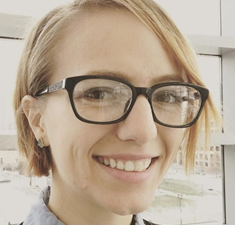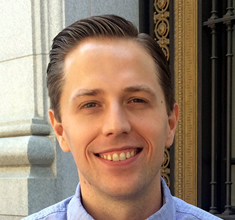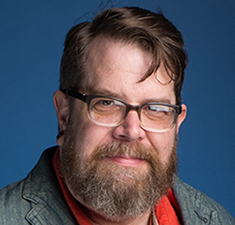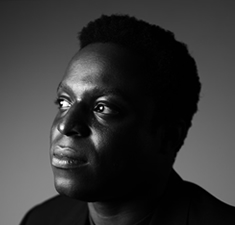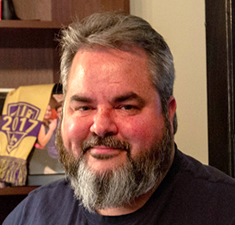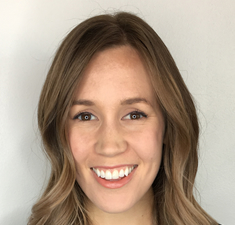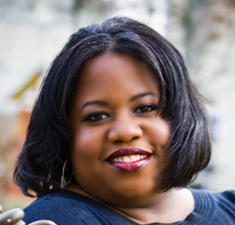The Dark Side of Algorithms

Major social media platforms are using algorithms in spite of the best interests of their users, says Bruce Ableson on this episode of Community Signal. They are focused on serving you an ad at the right moment, or putting something controversial in front of you, “gaming the experience against the users to make money.”
Throughout the conversation, it becomes clear that this is emblematic of their approach in general, not just to curation and algorithms, but to moderation and management. These platforms are what they are not because of what they did last week or last month, but what they did 5 or 10 years ago. Plus:
- The biggest threat to well-managed online communities
- Cynical, or realistic, reasons why major platforms are the way they are
- Why Bruce believes subscriptions could be the future of online communities.
